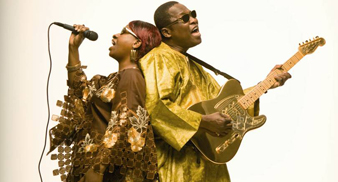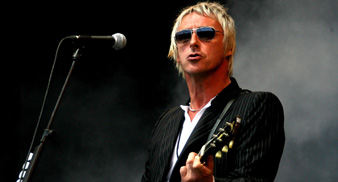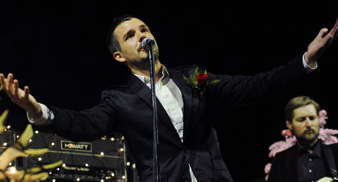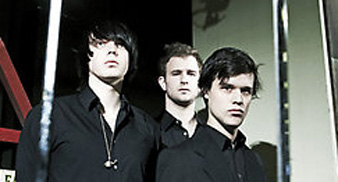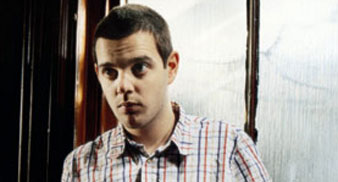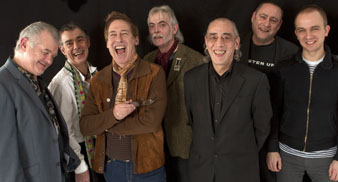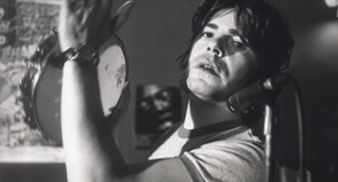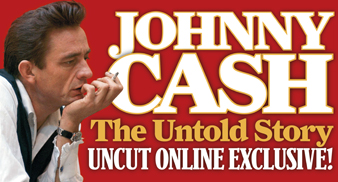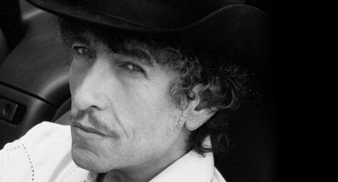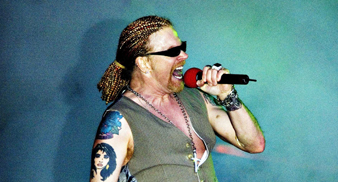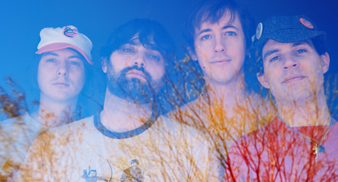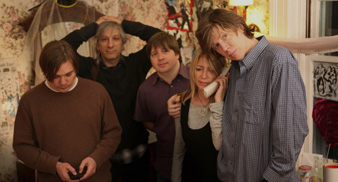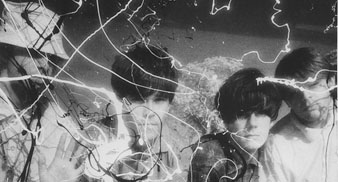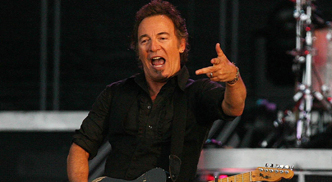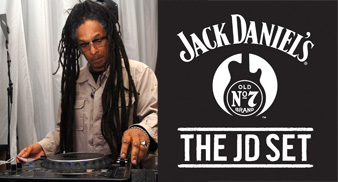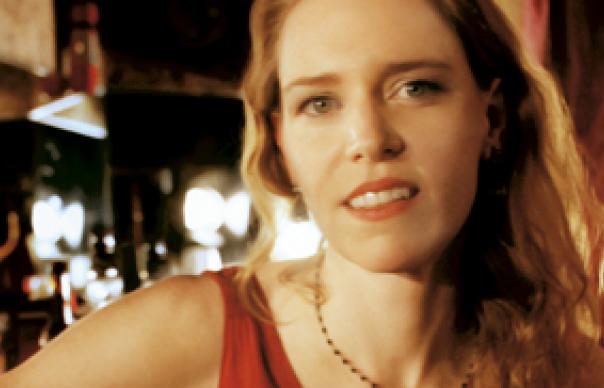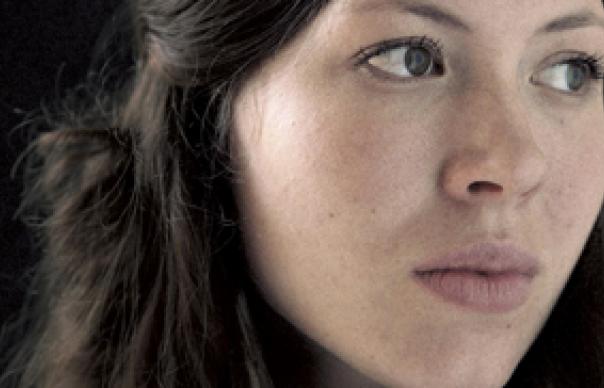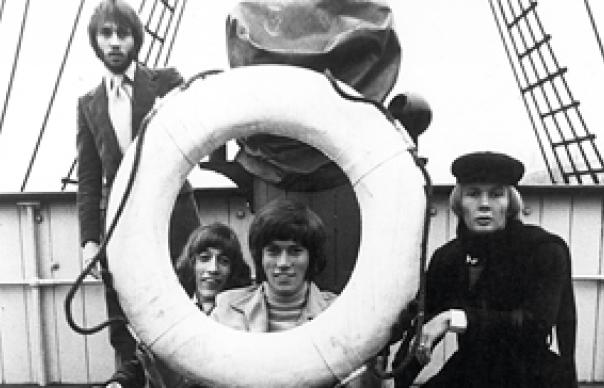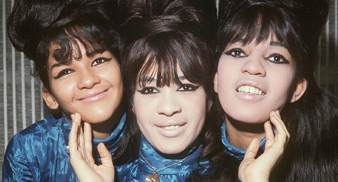In last month’s issue of Uncut , we brought you the inside story on the House Of Johny Cash. We spoke to his family, friends and collaborators to tell the definitive story of the Man In Black. Over the next few weeks on www.uncut.co.uk, we’ll be printing the complete transcripts of these interviews.
To read more, click on the links in the side panel on the right.
***
Today: TOM PETTY
Petty and his Heartbreakers backed up Cash on his second Rick Rubin-produced album, Unchained (1996).
UNCUT: When did you first meet Cash?
PETTY: I met him I think around ’82 or ’83. I liked him right away. I always liked John. I was a bit in awe of him when I first met him. I think everybody is. He’s very imposing, but very warm. Not quite gregarious, I’d say, but very warm.
If you think of him now, what’s the first thing that comes to mind?
His laughter. He had a pretty good laugh. It was almost conspiratorial. He had a way of making you feel like you were in on the joke.
Were the Unchained sessions the first time you actually worked with him?
I think so.
What sort of condition was he in – I know he had an undiagnosed nervous disease then, and those operations on his jaw…
Well, his jaw was bothering him at the time. And John had this incredible way of walking through extreme pain. At one point I think he had his knee replaced, and he acted like that was nothing. That was around that time. I was saying, “Well, how do you deal with that?” He was on the road, and he called me from it. And he said, “Well, I go on stage and nothing hurts.” But yeah, his health wasn’t great. He wasn’t as fragile as he would be some years later. He would work for a while and then he would rest for a while, you know. So with the sessions, we might work for an hour and then rest for half an hour, and then come back and work for a while longer. It just depended on how he was that day. But he was pretty sturdy. He was still hitting the road really hard then.
Rick Rubin was choosing songs on that record that were deliberately a stretch for him to sing – how did you see that manifest itself at all?
I don’t know if he was at his limit. I do know that he was definitely in on the songs that got recorded. Rick was laying a lot of songs down for his consideration, but John was the final call. If John didn’t want to do it he didn’t do it. And I remember on that album we did several that John came up with himself on the day – “One Love”, and a real old, old song, and “Unchained”.
It was incredible. He was an interesting artist because he’s pictured as a country artist, but he wasn’t necessarily completely in that bag, you know. I always thought of him as a folk artist. Because he knew so much about folk music. And the country that he performed wasn’t really much like any other country that you’d heard. It was an unusual thing, his bag was pretty wide. I mean he could trace folk music back to early Irish shanties or hymns or whatever you call ‘em. And I remember many times on a break he might sing one of them with June.
When you went back to work with him on “I Won’t Back Down” and “Solitary Man”, how had he changed?
Well, I don’t think he had changed much as a person. But his health was a little more delicate, I thought. I could tell he was more fragile definitely than he had been. But when we were doing those tracks he was very up and in the room and into it all. But my wife and I were there. And he would sit down in the back and tell us, “Oh, God, I don’t feel, I’m not very strong”, and I felt bad for him.
What was it like watching him sing so close up?
It was such a beautiful sound. Even in those last sessions, he had a really nice big, round voice that sounded so great. And it didn’t matter – I’ve seen people sit in the control room and really try and make a singer sound good. But he just came across the mic like that. It was a beautiful sound. When we were cutting in the studio I kind of had to watch him, because he was singing live.
It was great fun. I think about those sessions, and they were just some of the best times I ever had in the studio. Just very charmed sessions. Everyone was so at ease but really into the project at the same time, and really, really enjoying playing. You weren’t even nailed down to your particular instrument. I might wind up playing the organ, and the bass quite a bit. I remember on this song “The Drunkard’s Plea”, was that a Louvin Brothers song? I didn’t know it, and we started to play it, and John said, “Ah, we need a Hammond organ on this. Tom why don’t you play it, it just needs kind of a churchy intro.” I’m standing there going, [deep reluctance], “Oh, okay…” and I just played some chords. And he seemed very pleased with it. And about a year later I heard the Louvin Brothers record, and the intro’s exactly what I played! [laughs] And I’d never heard the record. It was that kind of thing where we were just really enjoying it. We didn’t do a lot of takes of anything. And we’d come in, and it would sound really glorious, when Rick would play it back.
Was that openness in the sessions to do with Johnny?
I think it was. He knew most all of us from just coming around. He used to come to some of the Heartbreakers sessions from time to time. He was comfortable, and we were. Rick was very good at – whatever he does, gotten everybody into the right place. He’d already done his time with Johnny where they’d decided what songs they wanted to try, and they would play us a demo, we’d make a note or two, then we’d go to the studio and run it down. And usually by three or four takes, we’d have something they liked. It was very spontaneous, we’d keep moving around. Rick’d say, “Let’s play Mike on acoustic, and Tom you’d play guitar.” Made no sense at all, you know, but it kept things fresh. I was happy every day to go there.
Are there stories or moments with Johnny that stick in your mind?
Well, there was always a story. June was there almost every day. And June alone is a feature film. I remember particularly the few days that Carl Perkins came. God, they had a good time, the charisma of the two of them was palpable. There was so much laughter, I mean really loud. They’d tell stories on each other. Really exceptional people, that’s what I would say. In any walk of life I think they would have been exceptional.
What was exceptional about Johnny?
There was such a sense of justice about him. And very honest. And he was a great listener. So much of it probably came pre-packaged, because I’d been a fan all my life. But he seemed a very just person. I remember one day he went out before the session. I got there and he and June had been sitting at the bus-stop across the street from the studio. “We thought we’d just sit out there and see if anybody recognised us.” “So how’d he it go?” He said, “Nobody said a word to us. But we met lots of pretty interesting people.
I heard he used to go to Walmart a lot, just to mix with people…
Yeah, I wouldn’t doubt it. I went to his house once. I think Nick Lowe took me there, in the early ‘80s. The plan was we were going to have a Sunday lunch with John and June, and both of them it turned out were sick at the last minute and in the hospital. But as we were seated at the table, one of the people working there came and tapped me on the shoulder and said, “Could you come into the next room, John wants to talk to you on the phone.” So I did, he was saying, “Thanks for coming out, sorry I couldn’t be there”, it was very strange. And when we left, June was on the phone, and as each person left the house, she said goodbye to them. Very unusual. They were that kind of people.
The thing that interested me was seeing what would really light him up musically. And he had a very soft spot for Gene Autry, and was very proud of his guitar that Gene Autry had signed the front of. He pointed that out to me more than once. And he would play us Gene Autry songs. I remember once being in the car, and Rick I think had come up with a bunch of Hank Williams bootlegs, at the time – live radio shows. And John was completely knocked out by this. He could sing every song that started. And we drove around for quite a while just playing that record.
I remember one thing that I thought was kind of spiritual. The tape-machine broke in the middle of a particularly hot moment in the studio. And instead of freaking out, June came out in the room, where everyone was looking pretty low. And she said, “I think if we all sing a hymn, maybe God’ll fix the tape-machine. [laughs] Not a procedure I had seen before! And John said, “Yeah, let’s sing a hymn.” And June said, “Yeah, but we’ve gotta all hold hands”, so we did. And I swear within minutes the machine worked. I always thought that was pretty interesting. That that would be their instinct if something was broken, “We’ll sing a hymn.”
He had spent a great deal of time with Rick. He was living at Rick’s house, and I think Rick even went to Tennessee several times, and that cabin John had across the road from his house, where he liked to go and hang out, and did his demo work. So every time they came to record, I remember when they came to record American Recordings, they’d drop around and play some of that in the evenings, because we were in different studios at the same time. And he had come up with most of the songs himself. Rick started moving him towards more and more contemporary music. But I really don’t think any of it was forced on him. Because it always seemed that he liked what he was singing.
What did you talk about when you socialised with him?
It could be anything. Where to get a good pair of boots. One time Rick brought a fortune-teller, a psychic, into the studio, and we all took turns going in to see him. And John came out and said the guy had told him that he’d met Jesus in a previous life. [laughs] I said, “Wow…”
He wasn’t very happy with what was happening with country music. We had many talks about how it had completely lost the thread as far as he was concerned. And he said, “It’s actually music for people who hate country music.” He was such an interesting man. It was really a privilege to spend any time at all to talk with him. He was one of those people you don’t encounter much. It’s easy to say, I guess, when someone’s been a big, iconic celebrity and they’re gone. But he really was a fascinating person, who had really lived a rich life, and who I felt lucky just to be around. And to be his friend was amazing.
How did he show his friendship?
Well he would send me gifts from time to time, or really nice letters. He once sent me a note on my fiftieth birthday that said: “You’re a good man to ride the river with.” I took that as high praise.
NICK HASTED


